Polycarbonate Colour Grinding
Price 70 INR/ Kilograms
Polycarbonate Colour Grinding Specification
- Type
- Other
- Material Feature
- High Durability
- Grade
- Recycled
- Color
- Green
About Polycarbonate Colour Grinding
Natural Polycarbonate Grinding Granules" refer to recycled or reprocessed polycarbonate (PC) plastic material that has been ground down into small, uniform particles or pellets. The term "natural" typically indicates that the polycarbonate is uncolored or clear, retaining its original translucent appearance.
Here's a detailed description:
1. What they are:
- Recycled Polycarbonate: They are derived from post-industrial or post-consumer polycarbonate waste. This makes them a sustainable alternative to virgin polycarbonate production, reducing landfill waste and conserving resources.
- Grinding Process: The polycarbonate material undergoes a mechanical grinding or shredding process to break it down into smaller, manageable pieces, forming granules or pellets.
- "Natural" Designation: This usually means the granules are clear or transparent, without added colorants or pigments. However, colored polycarbonate grinding granules also exist.
2. Key Properties of Polycarbonate (and thus, its grinding granules):
Polycarbonate is a high-performance thermoplastic known for its exceptional characteristics:
- High Impact Resistance: This is one of its most defining features, making it extremely tough and resistant to shattering, even at low temperatures (down to -20C).
- Optical Clarity/Transparency: Natural polycarbonate offers excellent light transmission, comparable to glass, making it suitable for applications requiring transparency.
- High Strength and Stiffness: It possesses good mechanical strength and rigidity.
- Heat Resistance: Polycarbonate maintains its structural integrity at elevated temperatures, with a high glass transition temperature (160-200C) and service temperatures up to 100-140C.
- Dimensional Stability: It exhibits high dimensional stability, meaning it retains its shape under various conditions.
- Good Electrical Insulation Properties: These properties are not significantly affected by water or temperature.
- Easily Moldable: Polycarbonate is a thermoplastic, meaning it can be repeatedly melted and molded into various shapes.
- Abrasion Resistance: It possesses good resistance to abrasion.
- Chemical Resistance: Generally good resistance to dilute acids and mineral oils. Limited resistance to alcohols, vegetable oils, and certain other chemicals. Poor resistance to concentrated acids, bases, and various hydrocarbons.
3. Manufacturing Process (Grinding/Recycling):
The process typically involves:
- Collection and Sorting: Polycarbonate waste (e.g., sheets, scraps, old products) is collected and sorted to ensure purity and remove contaminants.
- Shredding/Grinding: The collected polycarbonate is fed into industrial shredders or grinders, which break it down into smaller flakes or chips.
- Washing and Drying: These flakes are then washed to remove any remaining impurities and dried thoroughly.
- Melting and Pelletizing (Optional, but common): Often, the ground flakes are then melted and extruded through a die, then cut into uniform pellets or granules. This step helps to homogenize the material and improve its flow properties for subsequent manufacturing.
4. Common Uses and Applications:
Natural polycarbonate grinding granules are widely used in various industries, especially where clarity, durability, and high performance are crucial:
- Plastic Industry (General Manufacturing): As a raw material for a wide range of plastic products.
- Optical Lenses: Due to their transparency and impact resistance.
- Light Diffusers: In LED lighting and other illumination applications.
- Transparent Enclosures: For electronics, machinery, and safety equipment.
- Automotive Industry: For parts like headlamp lenses, face shields, and helmet visors.
- Architectural Glazing: In construction for transparent panels.
- CDs and DVDs: Historically a major application, though less common now.
- Laboratory Equipment: Such as centrifuge tubes and vacuum desiccators.
- Thermoformed Sheets: For various applications requiring formed plastic.
- Bottles and Containers: Though often a different grade than typical grinding granules.
In essence, natural polycarbonate grinding granules represent a sustainable and versatile raw material, offering the excellent properties of polycarbonate in a readily usable form for a wide array of manufacturing processes.
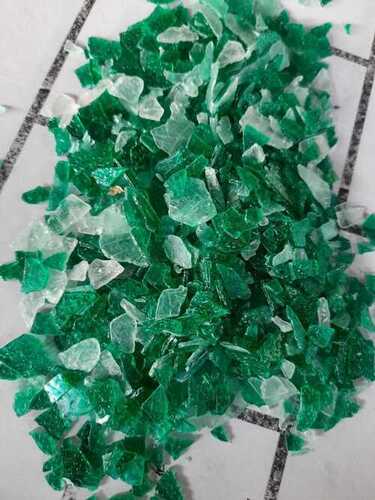

Price:
- 50
- 100
- 200
- 250
- 500
- 1000+
More Products in Polycorbonate Grinding Category
Clear Polycarbonate Granules
Price 70.0 INR / Kilograms
Minimum Order Quantity : 500 Kilograms
Color : Clear
Material Feature : High Transparency and Impact Resistance
Type : Other
Grade : Injection Molding Grade
Natural Polycarbonate Grinding Granules
Price 70.0 INR / Kilograms
Minimum Order Quantity : 500 Kilograms
Color : Transparent
Material Feature : Durable High Clarity
Type : Other
Grade : Recycled
Recyclable Polycarbonate Colour Grinding
Price 70 INR / Kilograms
Minimum Order Quantity : 500kg Kilograms
Color : Blue
Material Feature : Recyclable
Type : Other, Polycarbonate
Grade : Industrial
Polycarbonate granuals
Price 70 INR / Kilograms
Minimum Order Quantity : 500 Kilograms
Color : Red
Material Feature : High impact resistance
Type : Other, Polycarbonate Granules
Grade : Injection Molding Grade

 Send Inquiry
Send Inquiry
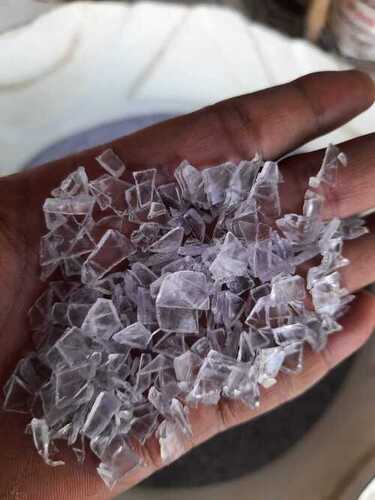
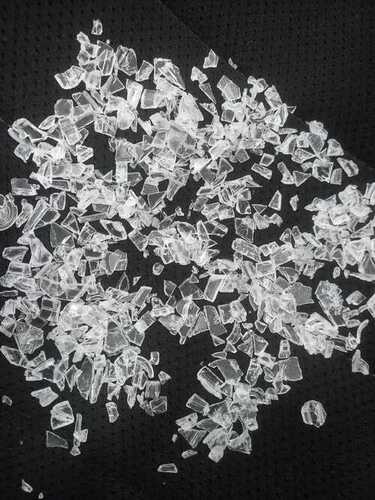
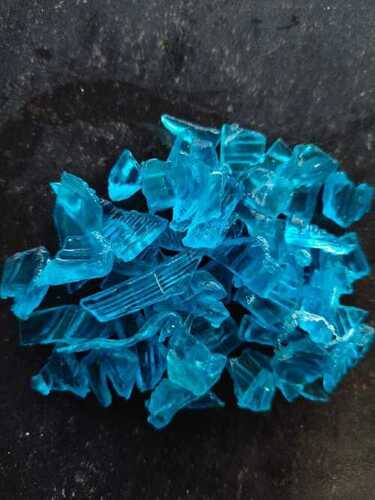
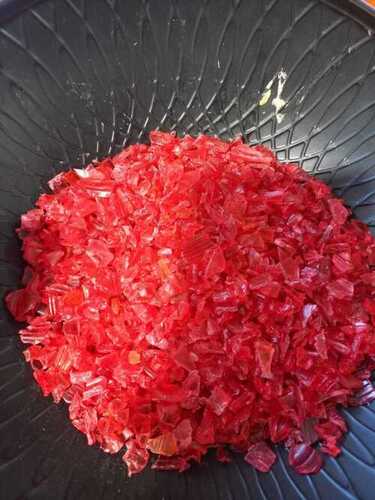


 Send Inquiry
Send Inquiry Send SMS
Send SMS Call Me Free
Call Me Free